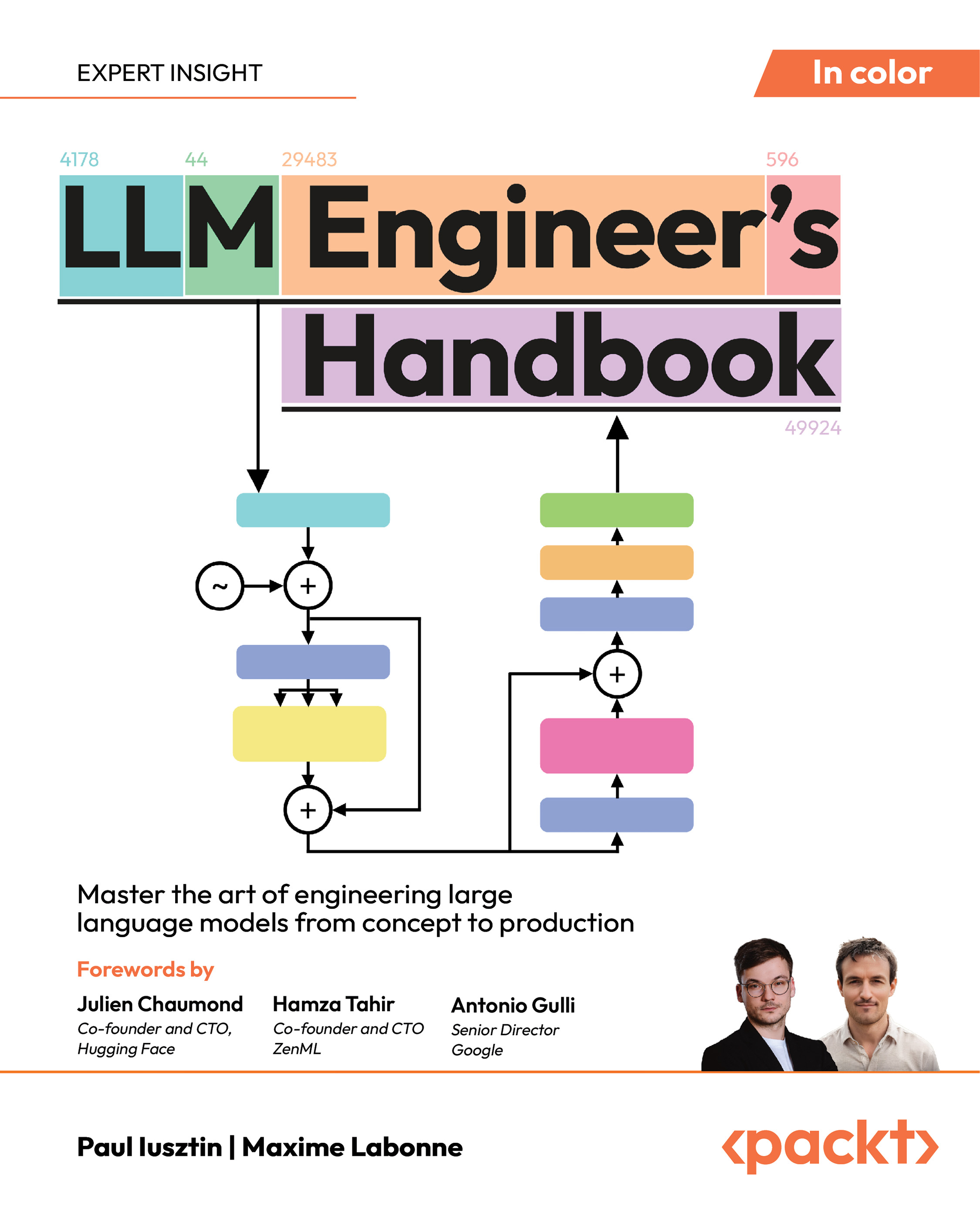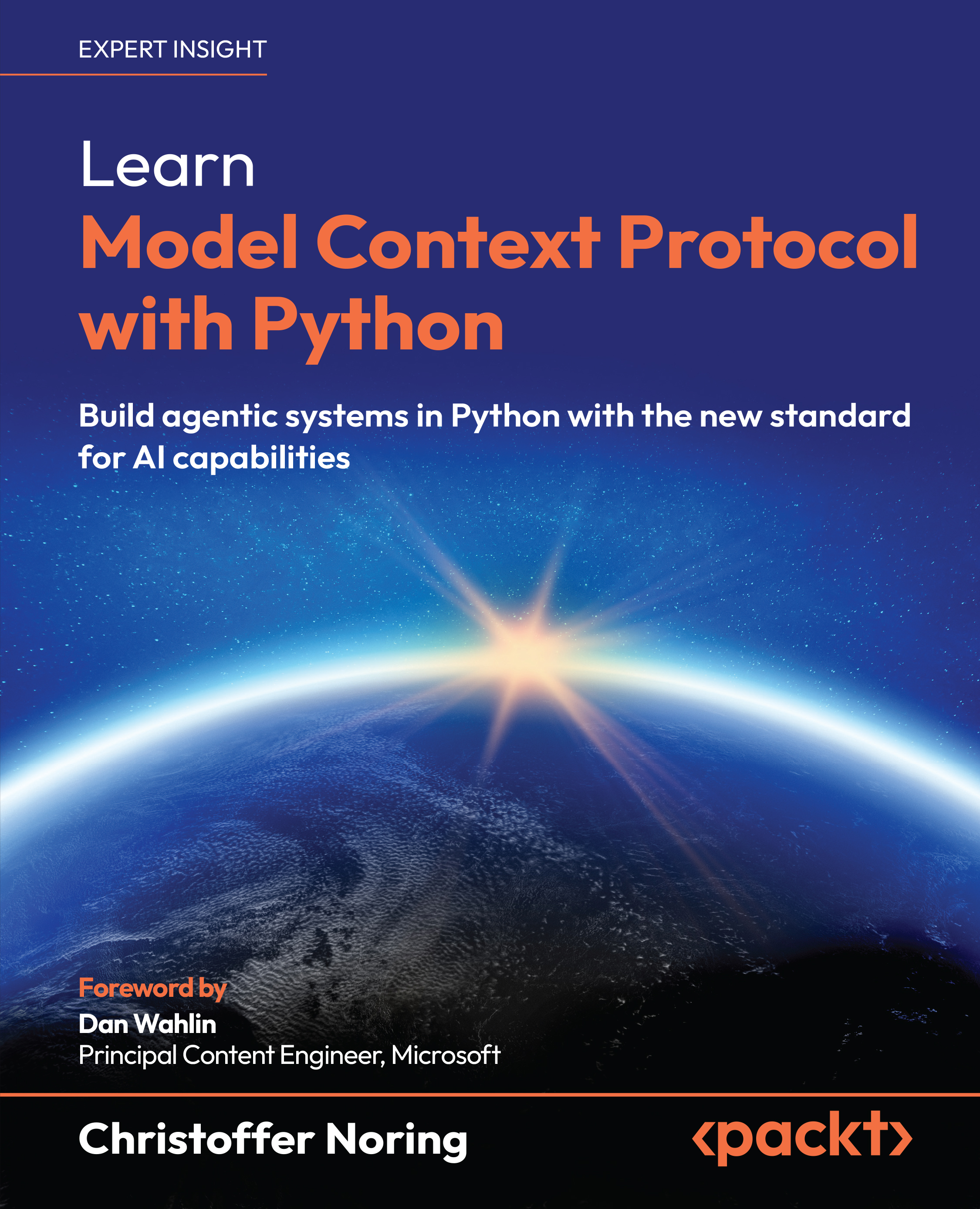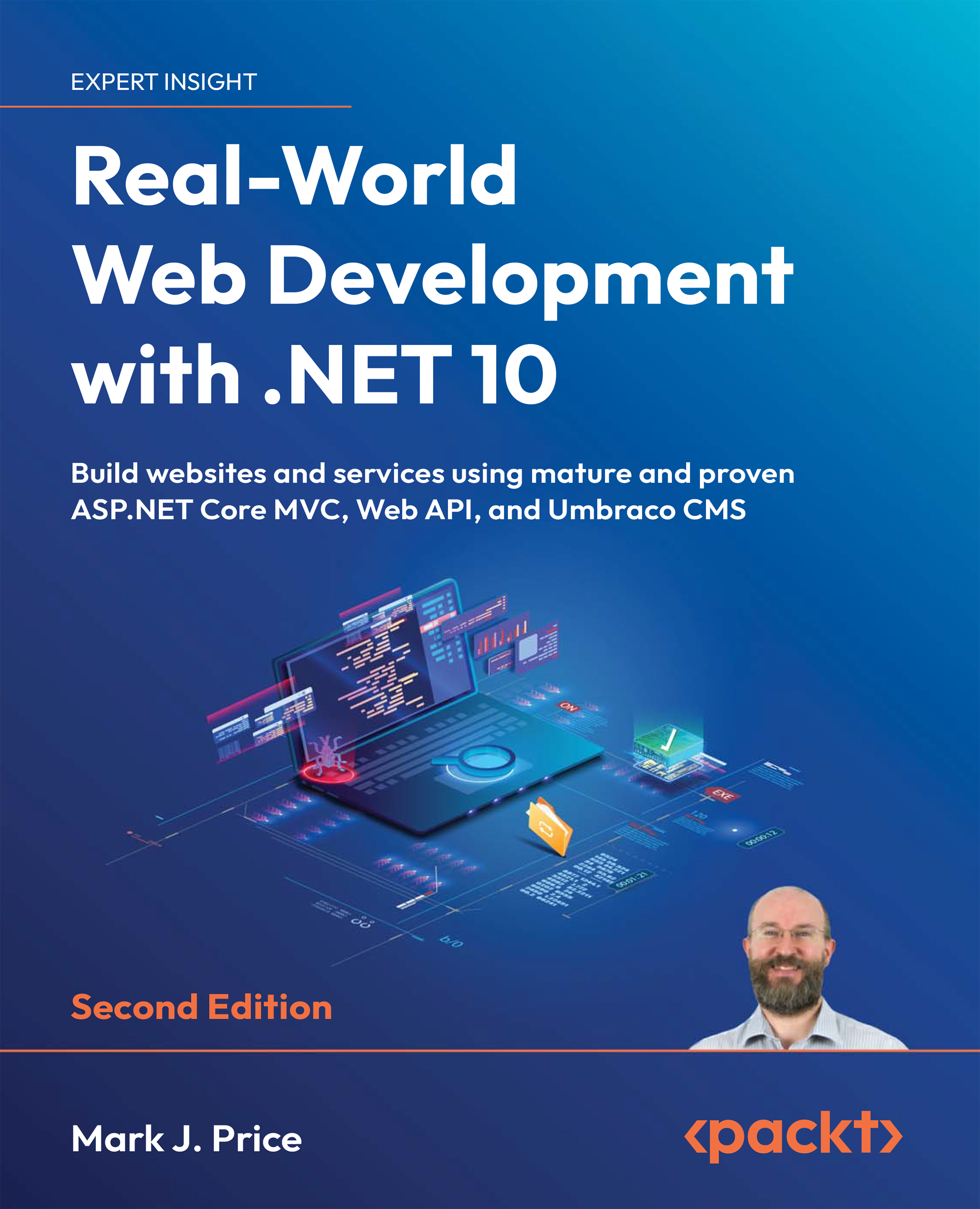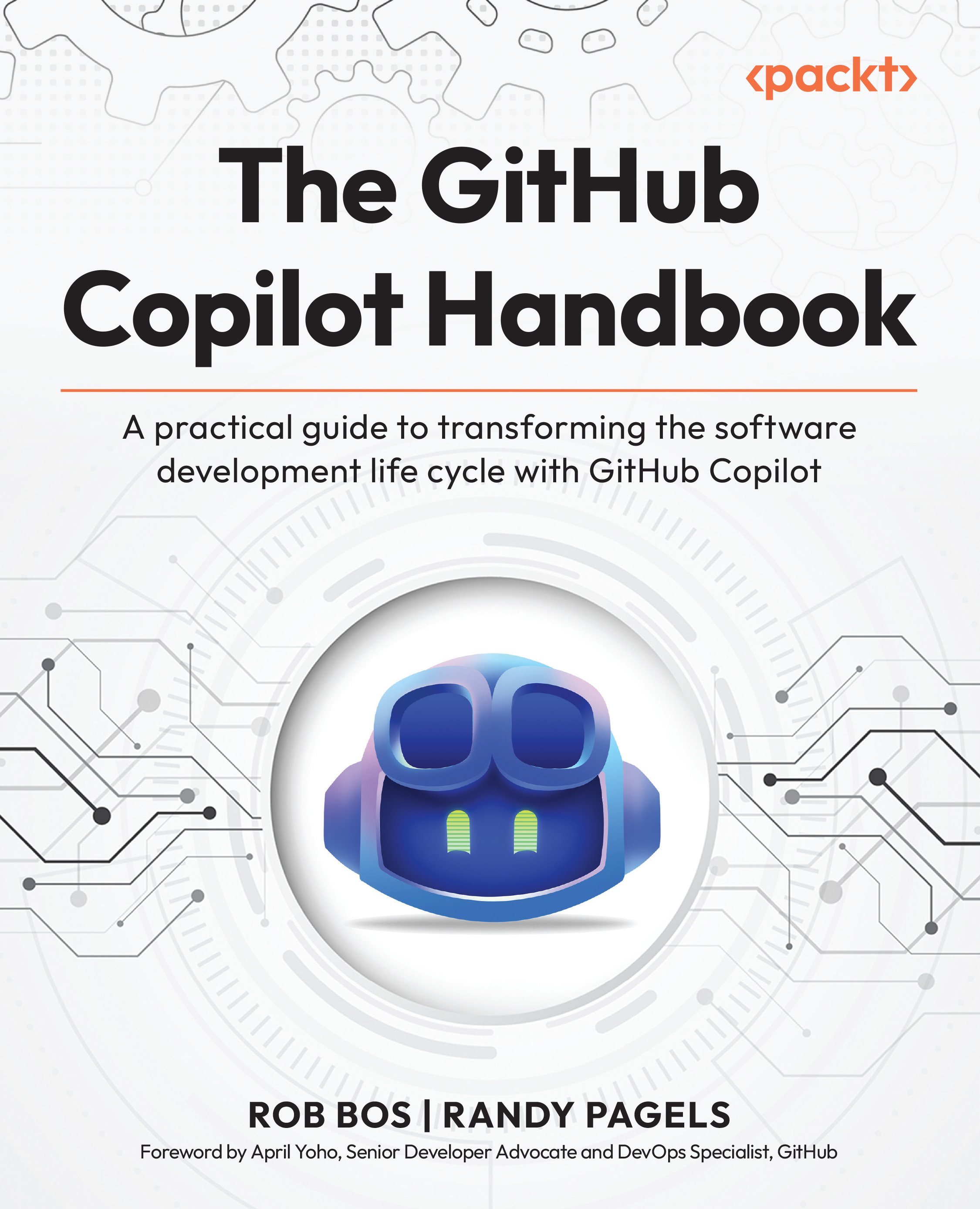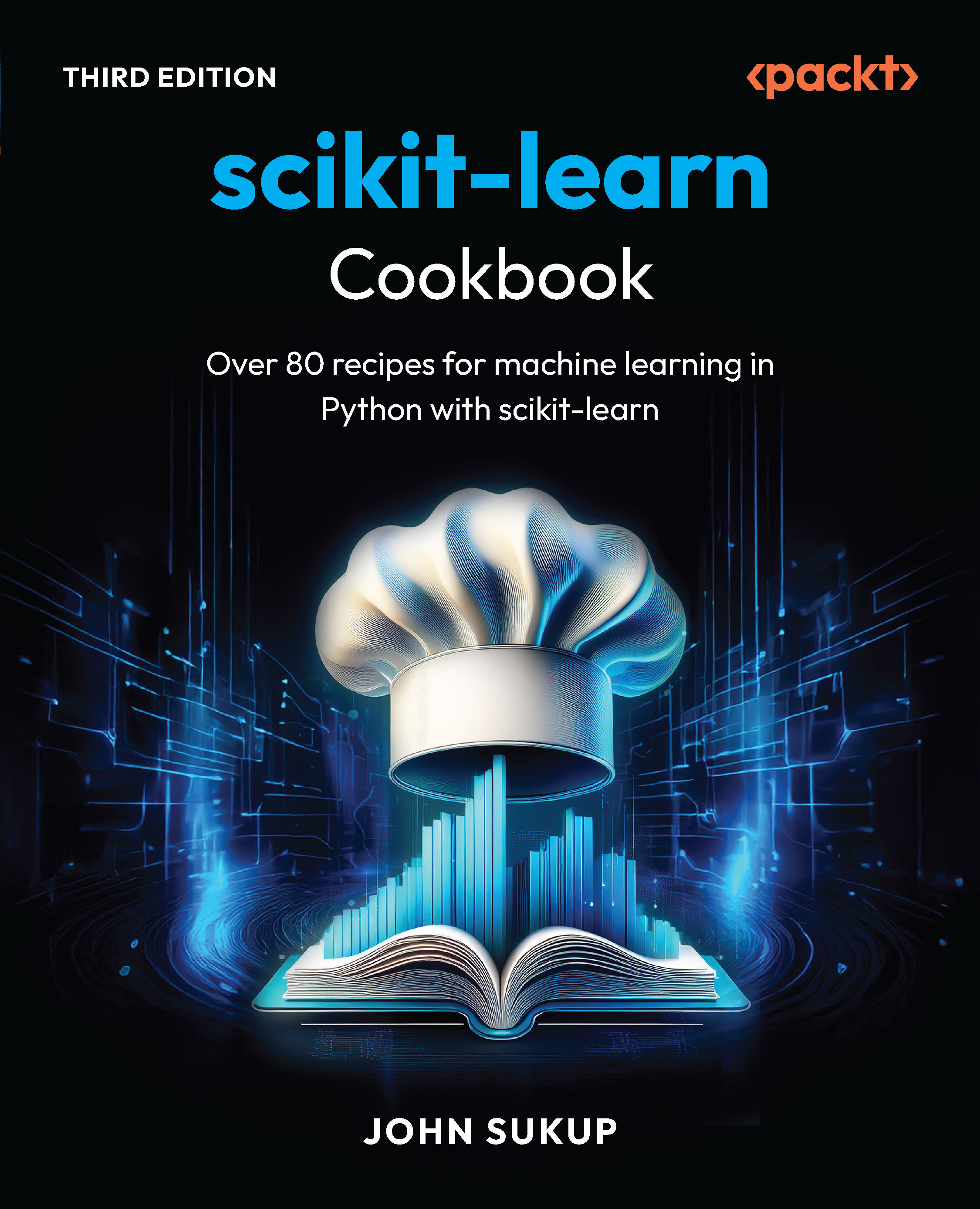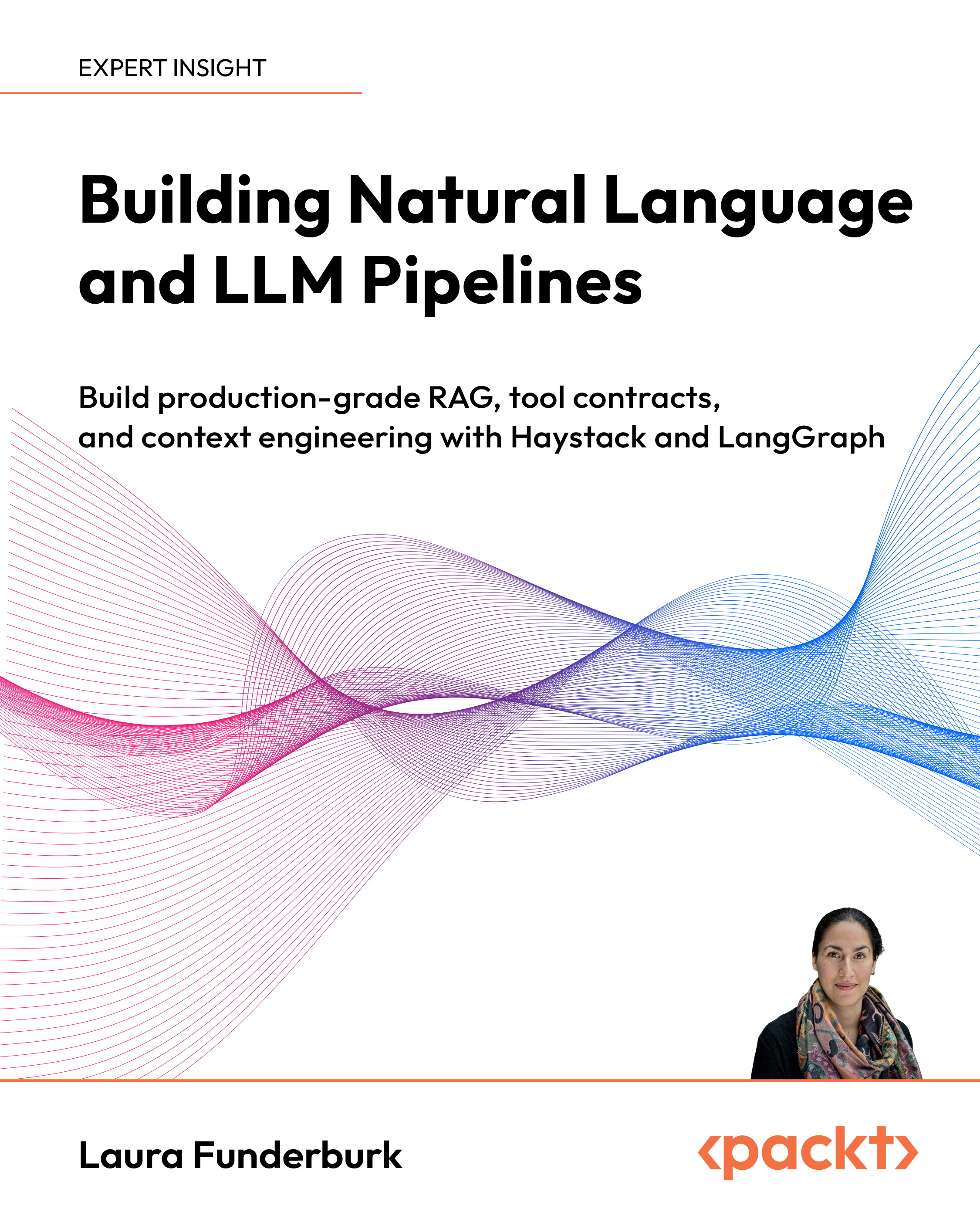(For more resources related to this topic, see here.)
What is a payload?
The payload of an event, the event object, carries any necessary state from the producer to the consumer and is nothing but an instance of a Java class.
An event object may not contain a type variable, such as <T>.
We can assign qualifiers to an event and thus distinguish an event from other events of an event object type. These qualifiers act like selectors, narrowing the set of events that will be observed for an event object type.
There is no distinction between a qualifier of a bean type and that of an event, as they are both defined with @Qualifier. This commonality provides a distinct advantage when using qualifiers to distinguish between bean types, as those same qualifiers can be used to distinguish between events where those bean types are the event objects.
An event qualifier is shown here:
@Qualifier
@Target( { FIELD, PARAMETER } )
@Retention( RUNTIME )
public @interface Removed {}
How do I listen for an event?
An event is consumed by an observer method , and we inform Weld that our method is used to observe an event by annotating a parameter of the method, the event parameter , with @Observes . The type of event parameter is the event type we want to observe, and we may specify qualifiers on the event parameter to narrow what events we want to observe.
Unlock access to the largest independent learning library in Tech for FREE!
Get unlimited access to 7500+ expert-authored eBooks and video courses covering every tech area you can think of.
Renews at $15.99/month. Cancel anytime
We may have an observer method for all events produced about a Book event type, as follows:
public void onBookEvent(@Observes Book book) { ... }
Or we may choose to only observe when a Book is removed, as follows:
public void onBookRemoval(@Observes @Removed Book book) { ... }
Any additional parameters on an observer method are treated as injection points.
An observer method will receive an event to consume if:
- The observer method is present on a bean that is enabled within our application
- The event object is assignable to the event parameter type of the observer method
 United States
United States
 Great Britain
Great Britain
 India
India
 Germany
Germany
 France
France
 Canada
Canada
 Russia
Russia
 Spain
Spain
 Brazil
Brazil
 Australia
Australia
 South Africa
South Africa
 Thailand
Thailand
 Ukraine
Ukraine
 Switzerland
Switzerland
 Slovakia
Slovakia
 Luxembourg
Luxembourg
 Hungary
Hungary
 Romania
Romania
 Denmark
Denmark
 Ireland
Ireland
 Estonia
Estonia
 Belgium
Belgium
 Italy
Italy
 Finland
Finland
 Cyprus
Cyprus
 Lithuania
Lithuania
 Latvia
Latvia
 Malta
Malta
 Netherlands
Netherlands
 Portugal
Portugal
 Slovenia
Slovenia
 Sweden
Sweden
 Argentina
Argentina
 Colombia
Colombia
 Ecuador
Ecuador
 Indonesia
Indonesia
 Mexico
Mexico
 New Zealand
New Zealand
 Norway
Norway
 South Korea
South Korea
 Taiwan
Taiwan
 Turkey
Turkey
 Czechia
Czechia
 Austria
Austria
 Greece
Greece
 Isle of Man
Isle of Man
 Bulgaria
Bulgaria
 Japan
Japan
 Philippines
Philippines
 Poland
Poland
 Singapore
Singapore
 Egypt
Egypt
 Chile
Chile
 Malaysia
Malaysia




